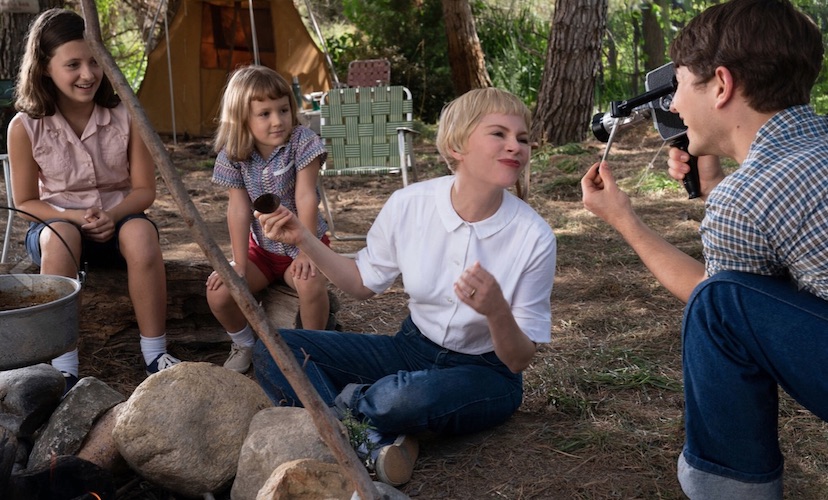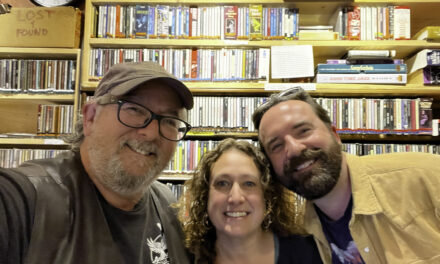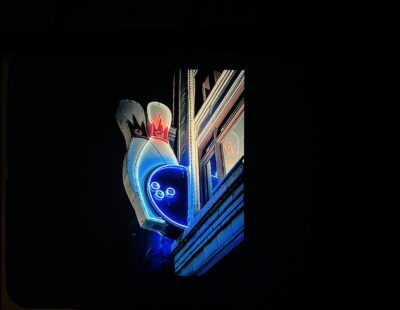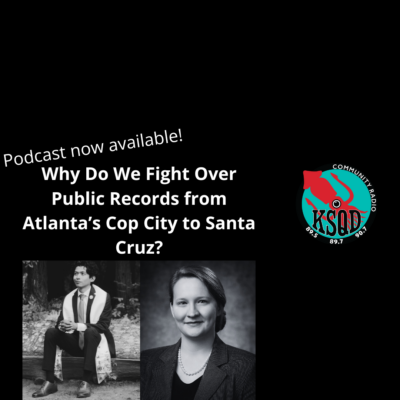
Look within the margins of a Steven Spielberg movie and every so often you’ll see him grappling with the aftereffects of his parent’s failed marriage. It might be Richard Dreyfus as the father who deserts his family in Close Encounters of the Third Kind, or Tom Cruise playing a man estranged from his children in War of the Worlds. Spielberg finally tackles his formative years head-on with his semi-autobiographical drama, The Fabelmans. Ever the showman, he made The Fabelmans to be an entertaining coming-of-age story accessible to a wide audience, not just film nerds. And yet, there’s no shortage of Spielberg mythologizing his seminal movie-related experiences. (It’s a fable, man.)
It begins in New Jersey, 1952, with Burt and Mitzi Fabelman standing in line with their young son, Sammy, awaiting the evening presentation of Cecil B. DeMille’s The Greatest Show on Earth. Spielberg’s alter ego is about to see his very first moving picture! Moments later, Spielberg gives us one of his signature shots of wide-eyed wonderment as Sammy watches an awe-inspiring train crash. After the light from the screen dances on his face and flickers in his eyes, Sammy is no longer the same little boy that walked into the theater. An artist is born.
To process his emotions, Sammy uses his electric train set and his father’s 8mm camera to film a recreation of what he saw. His first film displays a natural talent for continuity and composing shots. As Sammy matures, he experiences many other firsts, good and bad, including his first kiss and first confrontation with anti-Semitism. Filmmaking, though, remains a constant, and his love of cinema is second only to his love for his family. It’s kind of odd then, considering how the divorce of Spielberg’s parents seeped into his filmography, that the impact of their split on Sammy’s life, while clearly distressing, seems less earth-shattering than we might imagine.
Mateo Zoryan and Gabriel LaBelle give good if not remarkable performances as childhood and teenaged Sammy. The same can be said of Seth Rogen as honorary uncle Bennie. Unfortunately, Paul Dano, as Sammy’s dad, leaves something to be desired. Dano is undeniably talented, but his boyish expressions create a childlike affectedness that can feel out of place when playing a mature character. Spielberg’s direction, which tends to draw out the inner child of his adult performers, only compounds the problem. Splitting the MVP award are Judd Hirsch, who practically steals the show as Uncle Boris prophesying Sammy’s destiny, and Michelle Williams, who’s terrific as the sensitive but emotionally and artistically dissatisfied mother.
If the script that Spielberg co-wrote with Tony Kushner is trying to say something profound about cinema, it’s hinted at in the opening scene where Sammy’s dad tells him how films work; he explains how individual photos projected at twenty-four frames a second create the illusion of fluid motion, a principle known as the persistence of vision. Echoes of that principle reverberate throughout The Fabelmans, such as when Sammy sees something he accidentally captured on film involving his mother that he’ll never be able to forget, and the screening at the high school prom of a documentary he made that permanently alters how two of his classmates will be viewed by their peers. With The Fabelmans, Spielberg makes the case that retinal impressions aren’t the only thing that persist; movies can forever change who we are and how we see one another.
For KSQD’s Film Gang, this is Paul Kanieski










